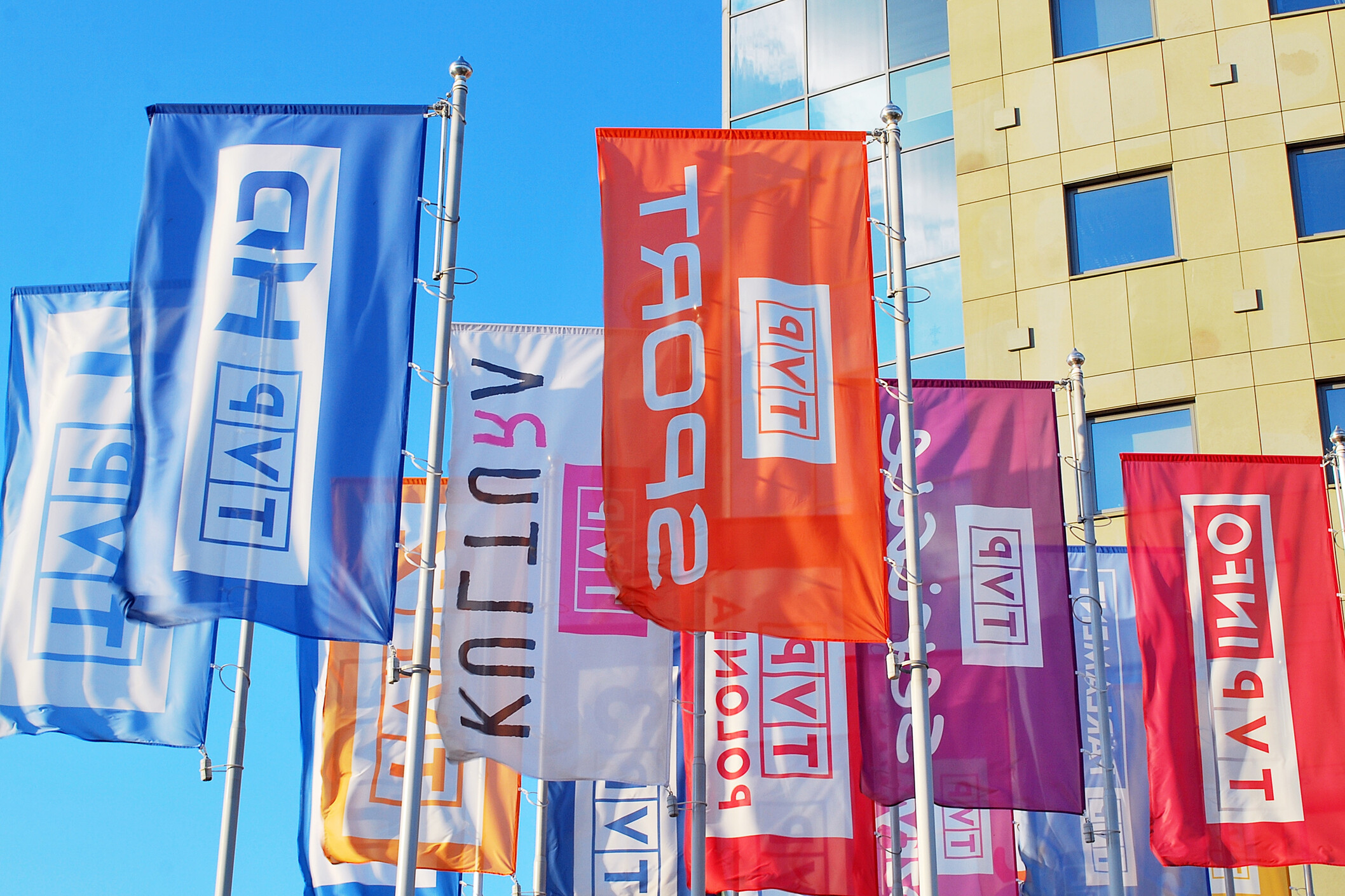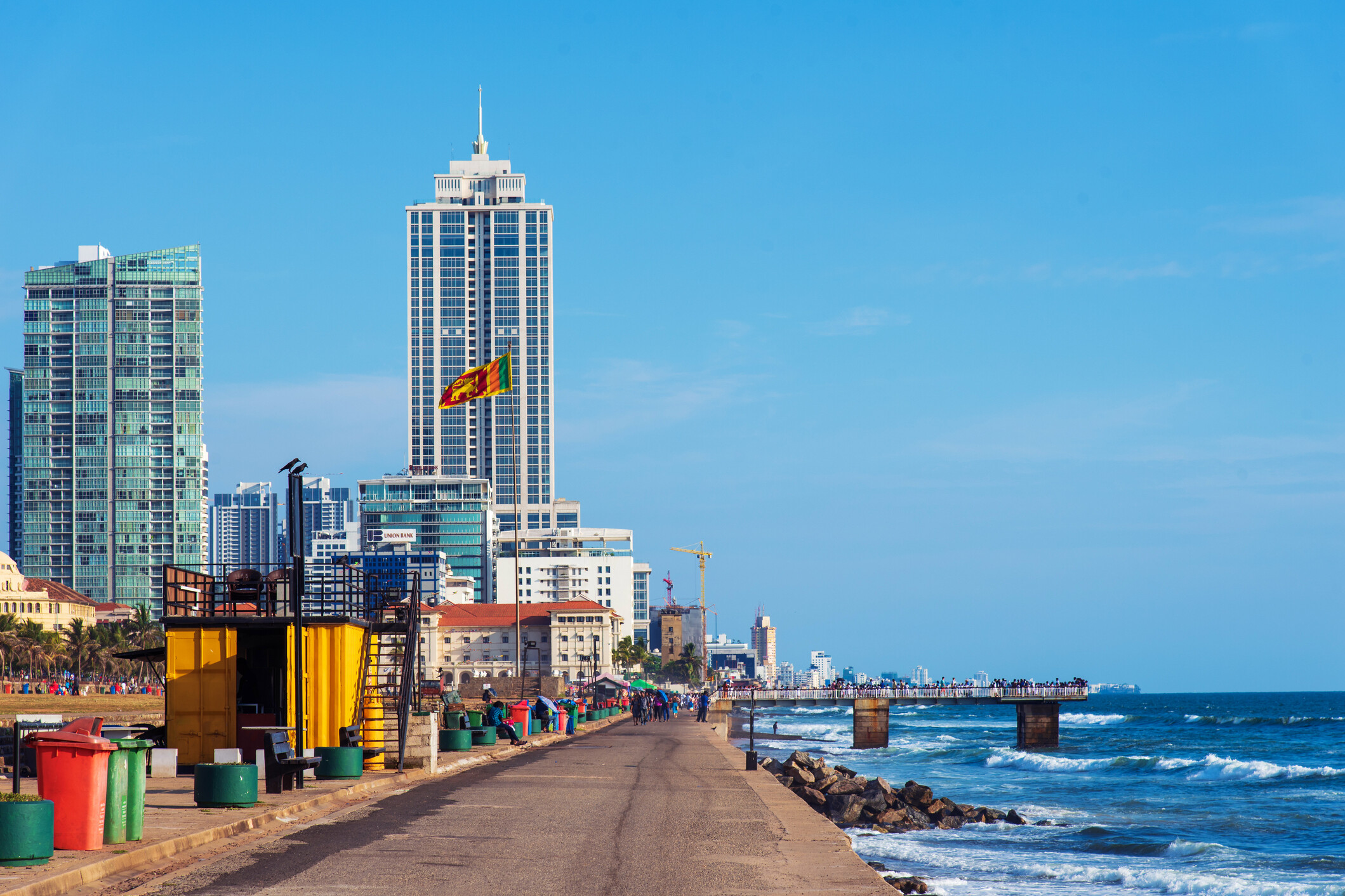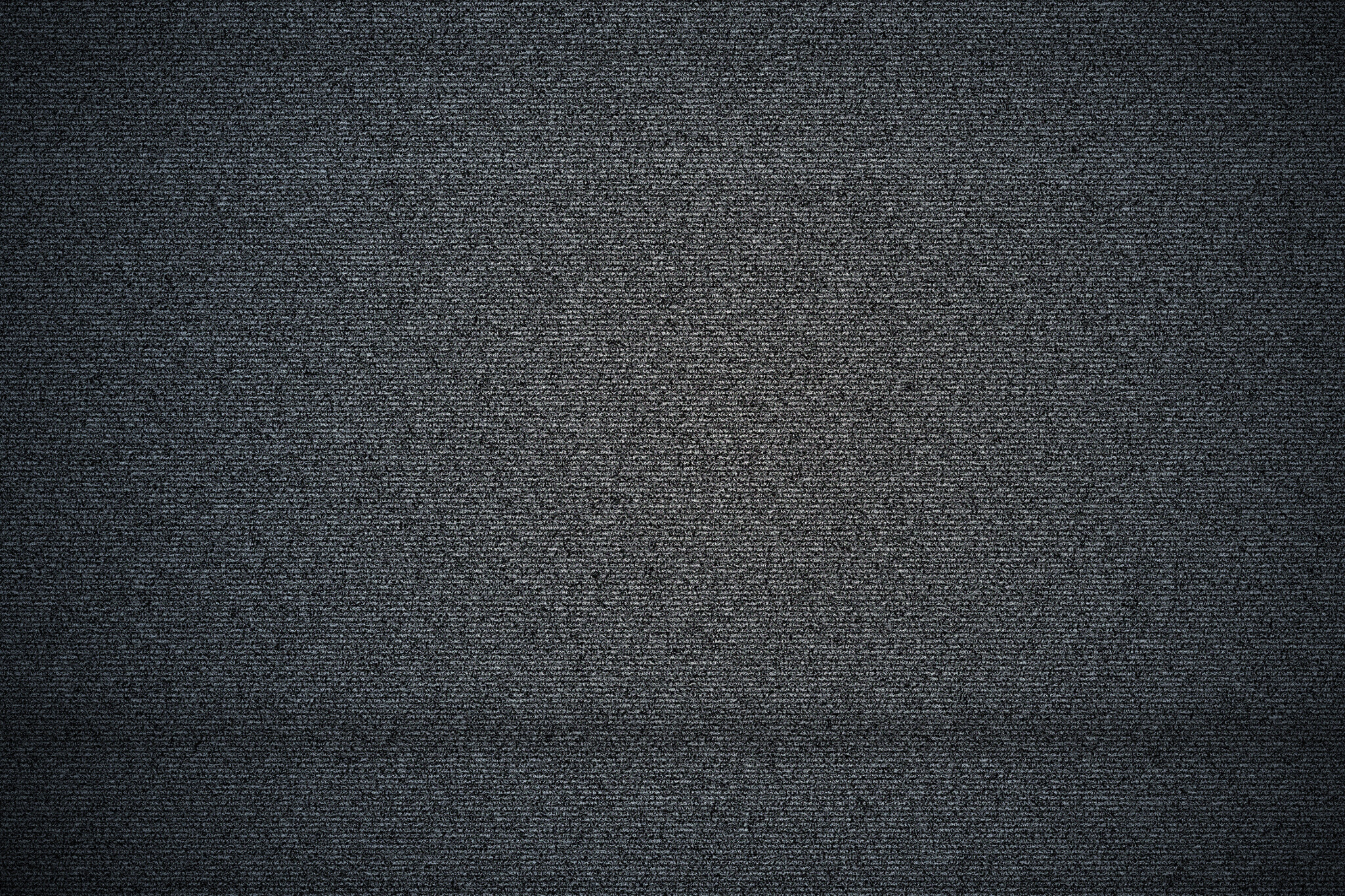The Public Media Alliance vehemently condemns the ongoing oppression of journalists and media freedom in Belarus.
The removal of accreditation, arbitrary detentions and physical attacks on journalists as well as interference in state and independent media, are just some of the heavy-handed tactics deployed by the Belarusian government following disputed Presidential elections.
Access to information has also been drastically curtailed with partial – and at times, total – internet blackouts. A state-owned printing house has also been accused of censorship after four newspapers were unable to publish in mid-August due to supposed malfunctions, according to IPI.
While Belarusian journalists have long suffered under an oppressive regime, the latest crackdown follows mounting protests – including the largest nationwide protest in the country’s history – in response to the allegedly fraudulent re-election of President Alyaksandr Lukashenka on 9 August.
Read more: Declaring war on the truth: the crackdown on independent media in Belarus (BAJ)
151 journalists were arrested in August, 50 of which were arbitrarily detained on 27 August as they prepared to cover anti-government protests in Brest and Minsk. A further 10 journalists were detained on Tuesday while covering protests. While most of those arrested have been released, many are being prosecuted for alleged participation in so-called illegal or unsanctioned protests.
According to Reporters without Borders (RSF), the country’s foreign ministry withdrew press accreditations for 19 journalists working for international outlets on the eve of a major demonstration on the 30 August. These included those working for ARD, the BBC and Reuters. Foreign journalists were also among those arrested, with some having their material seized and ordered to leave the country.
Read more: Many journalists arrested, foreign media stripped of accreditation (RSF)
In a significant sign of his weakening grip on power, employees for Belarus’s state media, which has long been a propaganda machine in support of Lukashenka, joined mass strikes on 17 August.
Around 300 of the 2000 staff at state broadcaster BT joined the strike with a list of demands including an end to media censorship and calling for new elections, according to The Guardian. Those taking part included prominent journalists and anchors, camera operators, technicians and other critical staff. Employees at state-run station Radio Stalitsa and daily Zviazda also went on strike.
The walkouts followed growing discontent at government control over the media narrative – including tightly controlled coverage of the COVID-19 pandemic – and rallies outside the BT headquarters on 15 August, which called for the outlet to “Show people the truth”. For some employees, the violence towards protesters marked a tipping point, with some choosing to quit.
Read more: Belarus television broadcasts empty studio as state media joins general strike (Deutsche Welle)
Since then Lukashenka has thanked the Russian state-backed channel RT for helping to keep Belarusian state media running during the mass walkout. Reuters reported that the assistance is said to include the provision of journalists and “technical expertise”. One source told Reuters that Russian media staff were flown in one day after the strike began and given a significantly higher wage than local staff, while protest coverage has been heavily edited with the insertion of false slogans.
While the Belarusian constitution claims to ensure a free press, the reality is far from it. The ramping up of media interference, the blocking of websites, removal of accreditation and attacks on journalists following the election has only exacerbated the already stymied access to information for Belarusian citizens. It has produced an information vacuum by drastically limiting the role of journalists as watchdogs. Democracy can only be ensured where there are free and independent media that are able to hold power to account and accurately inform citizens, especially during election periods.
The Public Media Alliance calls on Belarusian authorities to stop demonising, harassing and arresting members of the press, to ensure the safety of journalists and work towards a free and independent media landscape.
Header Image: Protest rally against Lukashenko, 23 August 2020. Minsk, Belarus. Credit: Homoatrox/CC BY-SA 3.0
Related Posts
18th August 2020
Will a new government in Sri Lanka herald further improvements in media freedom?
Sri Lanka's new government and Media…
18th August 2020
Press freedom and independent media remain under threat in the Philippines
Ongoing charges against Maria Ressa and…
17th August 2020
Another dark week for press freedom and critical voices in Hong Kong
The Chinese government’s new National…



